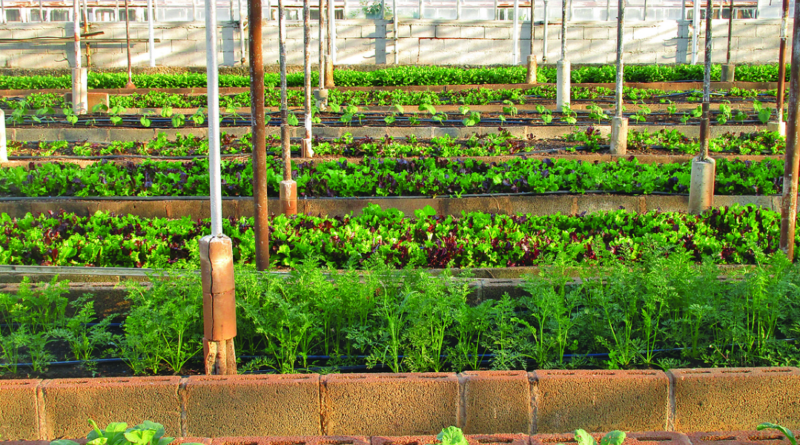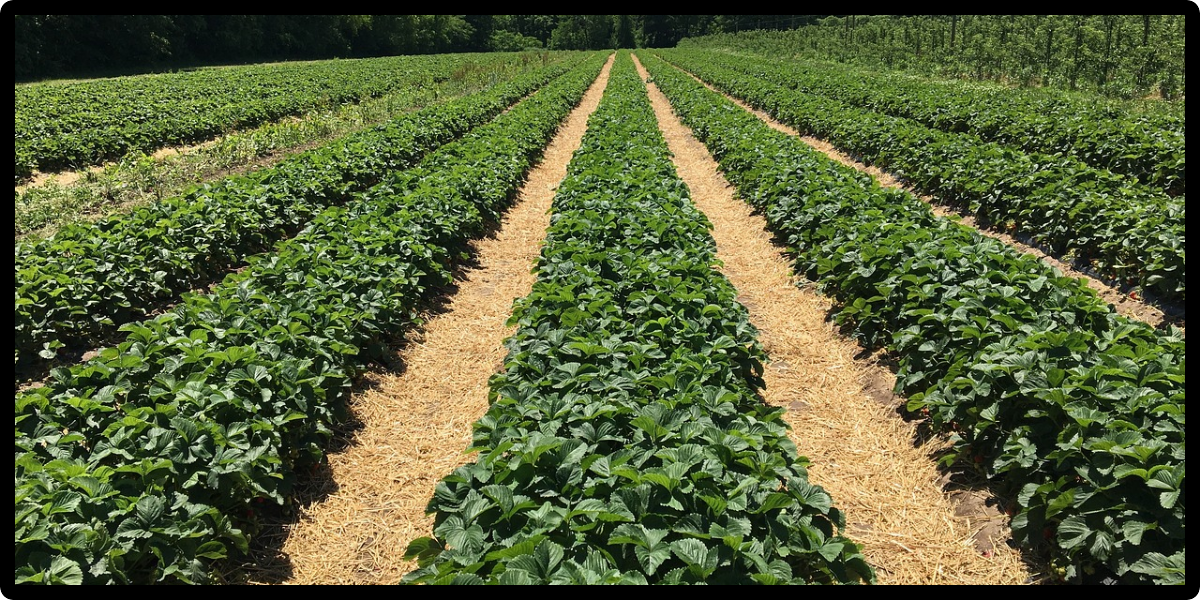Post COVID-19 Thriving Trends in organic farming

Introduction
Post-COVID-19 pandemic’s worldwide devastation is an increased dedication to sustainable living. Organic farming stands out in this ever-changing context as a model of environmental responsibility and resilience. There’s no denying that the agriculture sector is undergoing radical change as we go into the post-pandemic era. This article examines the growing organic farming trends that have emerged after COVID-19. It also looks at how these techniques are fostering a sustainable and healthy future for the world, rather than merely producing food. Come along on this tour through the verdant fields of innovation and ethical farming, where change-seeding and the cultivation of a sustainable future are happening.
Consumer Consciousness and Demand:
- Consumers are actively looking for organic items as they become more health-aware. How Sustainable Practices Can Extend Your Life
- People now associate eating organic food with improved immunity and general well-being, which has led to a boom in demand for fruits, vegetables, and grains cultivated organically.
Regenerative Agriculture Practices:
- The three main goals of regenerative agriculture are carbon sequestration, biodiversity enhancement, and improved soil health.
- Growing in popularity are techniques that support soil regeneration and long-term sustainability, such as crop rotation, cover crops, and low tillage.
Local and Community-Supported Agriculture (CSA):
- With the COVID-19 pandemic’s awareness of the shortcomings in global supply systems, consumers are beginning to choose food that is produced locally.
- Models of community-supported agriculture, in which customers sign up to get fresh fruit farmed nearby on a regular basis, have experienced a significant increase in demand.
Technological Integration in Organic Farming:
- Drones and Internet of Things sensors are two examples of precision farming technology that are being used to monitor crop health and maximize resource utilization.
- Transparent supply chain management using blockchain ensures the legitimacy of organic certificates.
Agroecology for Resilience:
- An increasing number of people are adopting agroecological methods because they increase resistance to pests and illnesses and emulate natural ecosystems.
- Agroecological techniques that minimise dependency on synthetic inputs include companion planting, polyculture, and integrated control of insects.
Soil Health Management:
- POST COVID 19 The foundation of organic farming is a focus on creating and preserving healthy soils.
- Soil fertility, structure, and microbial diversity improve through methods such as composting, vermiculture, and the use of organic amendments.
Innovative Farming Models:
- Hydroponicshttps://en.wikipedia.org/wiki/Hydroponics, aquaponics, and vertical farming are becoming more and more popular as resource- and space-efficient substitutes.
- These approaches reduce the negative environmental effects of traditional agriculture while enabling year-round output.
Educational Initiatives and Farmer Training:
- Governments and organizations are spending money to teach farmers about organic farming methods.
- Emphasizing the advantages for farmers and consumers, training programs concentrate on the shift from conventional to organic farming.
Government Support for Organic Agriculture:
- Globally, governments are realizing POST COVID19 how crucial organic farming is to maintaining the environment and ensuring food supplies.
- Policies, incentives, and subsidies are being created to encourage farmers to switch to organic farming methods.
Innovation in Pest Management:
- Crop rotation, companion planting, and the release of beneficial insects are just a few of the creative pest management techniques used in organic farming. These techniques lessen the need for chemical pesticides, encouraging a more environmentally responsible and balanced form of pest management.
Sustainable supply chains:
- In organic farming, the development of sustainable supply networks has become increasingly important POST COVID-19. This entails minimizing the negative effects of transportation on the environment, encouraging fair trade methods, and preserving sustainability from farm to table. Products with ethical and transparent supply chains are becoming more and more valued by consumers.
Biodiversity Conservation:
- The very basis of organic agricultural approaches encourages biodiversity. Farmers that use organic farming practices frequently avoid monoculture, preserve natural habitats, merge native species, and maintain diversified ecosystems. In addition to helping animals, this also strengthens and extends agricultural systems.
Circular Economy Principles:
- Organic farming minimizes waste and recycles nutrients, which is in line with the principles of the circular economy. Composting is one method that closes the loop by converting organic waste into useful fertilizer and lowering the requirement for outside inputs. By using a circular strategy, farming leaves a smaller ecological imprint and uses resources more efficiently.
Climate-Resilient Agriculture:
- Organic farming practices contribute to climate resilience by improving soil structure and water retention. Healthy soils act as a natural buffer against extreme weather events, helping crops withstand droughts or heavy rainfall. This resilience is crucial in the face of unpredictable climate patterns exacerbated by global environmental changes.
Adoption of Permaculture Principles:

- Organic farming is beginning to use permaculture concepts more and more. Permaculture emphasizes the harmonious coexistence of people, plants, and animals by fusing sustainable agriculture with landscape design. The entire approach fosters resilience, self-sufficiency, and the health of the ecosystem.
Social Impact and Fair Trade:
- Organic farming tends to be compatible with fair trade ideals, ensuring farmers a just price for their labor. Customers may promote social justice and ethical treatment of persons in the agriculture supply chain by supporting fair trade and organic methods.
Water Conservation Practices:
- Water-saving techniques used in organic farming include rainwater collection and drip irrigation. These techniques address the serious problem of water shortages in agriculture by increasing water usage efficiency, which helps promote a more sustainable and responsible use of this valuable resource.
Conclusion
Together, these tendencies tell a story of optimism, resiliency, and creativity. They represent the intentional attempts of people, groups, and countries to build a sustainable future. With the growing popularity of organic farming, every individual involved—farmer, customer, or supporter—contributes significantly to the preservation of a healthier, more sustainable, and more peaceful world.
Come along on this revolutionary journey with us at [GREENHEALINGS.COM], where we’ll be honoring the innovative ideas, moving tales, and cutting-edge techniques that characterize the flourishing trends in organic farming after COVID-19. Let’s work together to plant the seeds of good change and harvest sustainability—a boon that feeds not just our bodies but the planet itself, which is our home.




